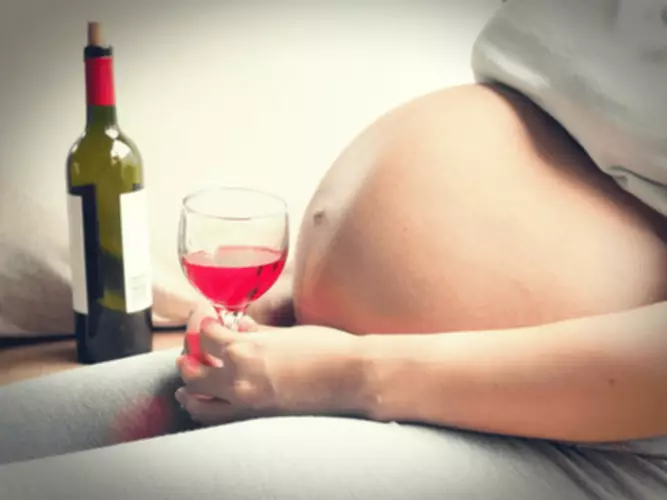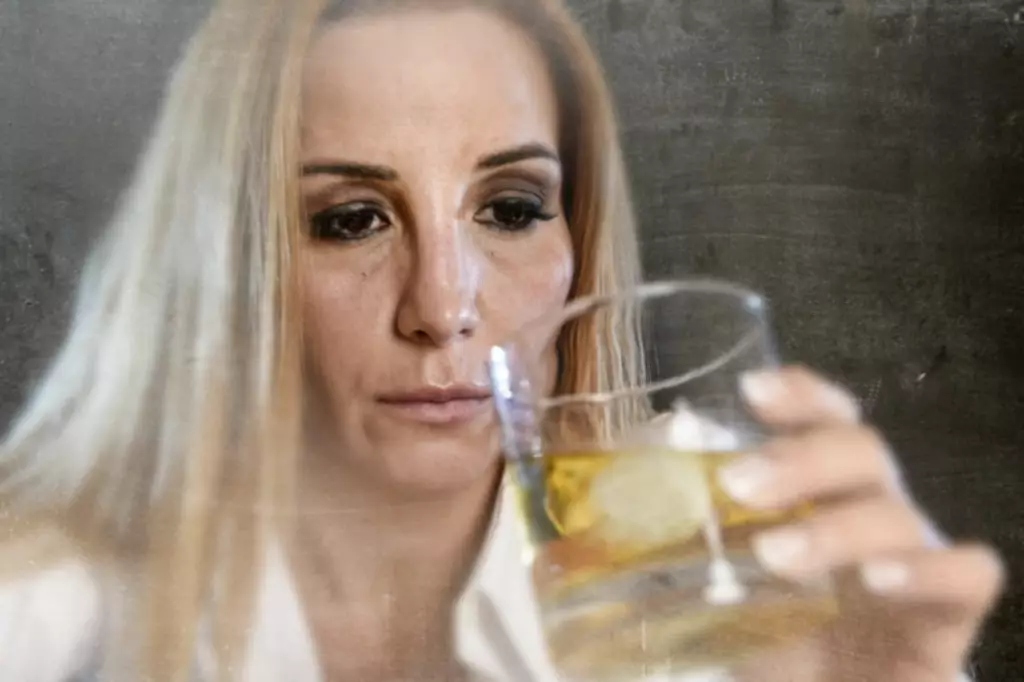Creating a Relapse Prevention Plan Relapse Prevention
Content
- Get Started Here
- How Do The Long-term Effects of Substance Abuse on the Brain Effect Relapse?
- What Is a Relapse Prevention Plan?
- Craft the Best Relapse Prevention Plan for You
- Making The Plan Work
- Causes of Relapse in Late Stage Recovery
- Family and Children’s Programs
- Why Is It Essential to Have a Relapse Prevention Plan?
To prevent a relapse, you will want to remove triggers, including places, people, or purchases that may bring about urges to use again. Some warning signs of a potential relapse, according to Gottlich, could include secretiveness, disengaging from treatment, and being overly arrogant about sobriety. Part of strategizing for recovery can be writing a relapse prevention plan and taking steps to help yourself stick to it. While the relapse prevention plan may not always be written down (e.g., a verbal agreement), writing it down can have several benefits.
- These people can provide emotional support and help you stay on track with your recovery goals.
- What specific things will be the biggest challenge for you, and what can you do to manage them?
- This involve journaling, meditation, exercise, cooking, going to a meeting, and other stress management mechanisms.
- During an emotional relapse, you start to experience anxiety, depression, and other mood swings.
Post-Acute Withdrawal symptoms take place a few weeks or months after detox, depending on the addictive substance and the severity of the addiction. Have someone on call for weak moments when you might slip back into your old habits. A good friend can talk you down and remind you of all the wonderful things in your life worth protecting by staying off drugs and alcohol. Withdrawal symptoms like nausea, shakiness, and sweating can be so difficult that you want to use drugs again just to stop them. Medications can help you manage withdrawal symptoms before they trigger a relapse. Focus on how much better your life will be once you stop using drugs or alcohol for good.
Get Started Here
Once you determine these behaviors, you can develop ways of dealing with them. People can choose to create a plan on their own or with assistance from an addiction treatment team. Whatever the case, you can follow the guidelines below for developing a plan. A relapse prevention plan can be an effective tool for maintaining sobriety, but it is only one part of a comprehensive treatment plan. When utilizing a relapse prevention plan in conjunction with well-rounded substance abuse treatment individuals have a much stronger chance to prevent relapse. An effective relapse prevention plan will offer actionable steps for the patient to take to mitigate or manage cravings and triggers.
The NIH estimates that 40-60% of people who are in recovery may relapse in their journey to overcome addiction. Well relapse is when you give in to your addiction after being sober for a certain period of time. The Marlatt Model illustrates how both tonic (stable) and phasic (short-lived) influences interact with each other in order to evaluate the likeliness of a relapse. The phrase “cravings” is used to refer to the feeling someone has when they wish to use again.
How Do The Long-term Effects of Substance Abuse on the Brain Effect Relapse?
If you’d like to learn more about mindfulness-based cognitive therapy or relapse prevention techniques, you can always reach out to a recovery expert for guided instruction. Melissa McCarthy is the Vice President of Business Development at Amatus Health. With a decade of experience in the behavioral healthcare and addiction treatment industry, McCarthy is passionate about recovery. She has her finger on the pulse of marketing trends, with the end goal of helping businesses grow so they can serve more people in need.

This is also a common technique used as part of mindfulness-based relapse prevention therapy. It helps people focus more on the reward they will receive by avoiding substance use disorders. A mental relapse from substance abuse or mental health concerns occurs in sequence after an emotional relapse. Here, the patient is experiencing the emotional effects of withdrawal symptoms or intense triggers and is contemplating their addiction.
What Is a Relapse Prevention Plan?
Yaffa Atias is the Director of Special Projects at Amatus Health. Atias is a leadership professional with a decade of experience in healthcare. She holds a BA in interdisciplinary studies from Thomas Edison State College, and a Master’s in Healthcare Management with a concentration in project management from Stevenson University.
Treatment could include individual therapy, group therapy, such as AA meetings, and/or psychiatry, said Gottlich. When it comes to succeeding in recovery from substance use, identifying the potential hazards in advance is the key to protecting the new life you have worked so hard to craft. Creating a relapse prevention plan is the first actionable step to take to help shore up recovery following inpatient treatment. A trigger is something that can cause stress and potentially induce cravings to drink or use drugs. They may be caused by certain events, places, people, or circumstances. For instance, you may frequent certain places where you always drink beer with your buddies, and these people and/or places may need to be avoided, at least for a while.
Craft the Best Relapse Prevention Plan for You
A trigger is simply something, anything, that will potentially make you feel like you need to use. Each person has their own specific triggers so it is important that you identify yours. Addiction recovery is a long process with many steps and phases. During treatment and recovery from addiction you may experience withdrawal symptoms and urges that are very hard to ignore or get past. A relapse prevention plan must be customized to the individual and their specific needs, preferences, and surrounding resources and support system. As the journey unfolds there will likely be bumps in the road, which should not be viewed as failure.

After identifying your own personal triggers, make a plan to avoid and respond to them when they come up. For example, this may be driving a different direction home from work, so you don’t go by your old buddies’ house where you used to use drugs. It may mean walking away from certain conversations or people that are going to cause you stress.
What Is Relapse Prevention?
I get to brainstorm and strategize with tons of different personalities. A lot of the team does not know, but I love learning from them. If I am not learning something about our industry or workplace, I am certainly learning how to effectively collaborate with different types of individuals. McCarthy has worked at large enterprise recovery centers across the country spearheading business development teams.
What is the 9 step relapse prevention plan?
Gorski-Cenaps Relapse Prevention Model
This model has a 9-step process that includes: stabilization, assessment, relapse education, identifying warning signs, managing warning signs, recovery planning, inventory training, family involvement, and follow-up.
Those who stick to their treatment program and care plan are less likely to relapse. For those who are not in a treatment program, however, it can help to develop a relapse prevention plan. In addition to this, a relapse prevention plan also helps you to overcome common misconceptions about the mental health effects of alcohol and drugs.
Making The Plan Work
The use of drugs or alcohol can rewire the brain, which is why recovery takes a long time. During this period, the brain has to completely rewire itself for the cravings to lessen. The cravings will likely get worse before they get better, and it can be difficult to manage these symptoms on one’s own. It happens in definable, recognizable and preventable stages with telltale emotional patterns and other indicators.

It is also helpful to make a list of times in the past when you relapsed and reflect on the situations or events led to those instances of substance abuse. This self-understanding can be used as a valuable tool to fight relapse. Writing a https://ecosoberhouse.com/article/5-ways-alcohol-can-kill-you-end-stage-alcoholism-death/ and taking the correct steps to help yourself stick to the plan is going to be very effective and beneficial in your recovery.
Causes of Relapse in Late Stage Recovery
When you feel like you are lost, you can look to your relapse prevention plan for assurance. If you stop following your treatment plan, you are much more likely to relapse. According to the National Institute on Drug Abuse, relapse rates for substance use disorders are similar to rates for other chronic illnesses like hypertension and asthma.
- For example, you could lose your job, ruin relationships, and cause distress to loved ones.
- Relapses happen, but they don’t have to mean the end of your recovery.
- Come up with small rewards for short-term milestones and larger rewards for long-term goals.
- They often assume that non-addicts don’t have the same problems or experience the same negative emotions.


